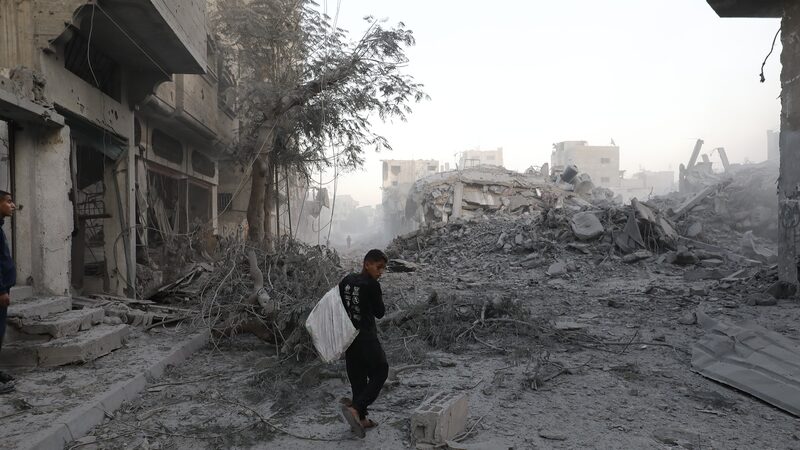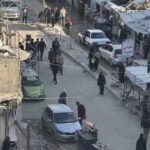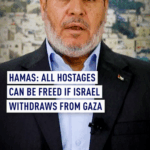Israel's decision to block humanitarian aid to Gaza since early Sunday has ignited fierce condemnation from Palestinian factions, regional countries, and international organizations.
During a cabinet meeting on Sunday, Israeli Prime Minister Benjamin Netanyahu explained that the blockade aims to pressure Hamas into accepting a new proposal. This proposal, put forth by U.S. Mideast envoy Steve Witkoff, seeks to extend the first phase of the ceasefire and hostage release deal.
Netanyahu warned that Hamas would face \"additional consequences\" if it did not agree to the terms.
In retaliation, Hamas labeled the decision a \"blatant attempt to renege on the agreement and evade negotiations for its second phase.\" Calling the blockade \"cheap blackmail and a war crime,\" the group urged mediators and the international community to press Israel to reverse its stance.
Mahmoud Meedawi, a senior Hamas official, stated that the group refuses to extend the first phase of the agreement, emphasizing the need to implement all phases as originally signed.
Condemnations
The Popular Front for the Liberation of Palestine criticized the move as \"a flagrant violation of the ceasefire\" and suggested that Israel seeks to evade the second phase of the agreement.
The Democratic Front for the Liberation of Palestine echoed these sentiments, describing the blockade as an escalation of Israel's \"starvation warfare\" against Gaza's population, which exacerbates the already dire humanitarian crisis.
Islamic Jihad condemned the blockade as \"a crime against humanity,\" accusing the United States of shielding Israel by providing military aid and political cover.
The Palestinian Foreign Ministry strongly rejected the politicization of humanitarian aid, labeling it as a tool for extortion. They called on the international community to hold Israel accountable and ensure the uninterrupted flow of humanitarian aid into Gaza.
Foreign ministries from Egypt and Jordan echoed the condemnation, stating that using aid as a weapon of collective punishment in Gaza is unacceptable. UN Secretary-General Antonio Guterres also called for \"humanitarian aid to flow back into Gaza immediately and for the release of all hostages,\" urging all parties to prevent a return to hostilities.
Uncertain Future
The blockade has left Palestinians struggling to find food amidst chaos in the enclave. During Ramadan, residents are desperately searching for essentials like flour and bread, while fearing potential assaults from the Israeli army.
In response to growing tensions, Israeli officials announced that a delegation would arrive in Cairo to discuss ways to defuse the situation and maintain the ceasefire.
Over the past six weeks, both Israel and Hamas have accused each other of breaching the ceasefire agreement. Although the ceasefire has remained in place, the second phase—covering final negotiations and complete withdrawal—has yet to commence, with Israel demanding the return of all hostages to end the conflict.
Reference(s):
cgtn.com





